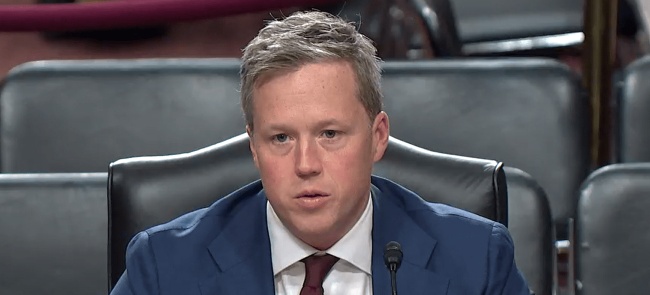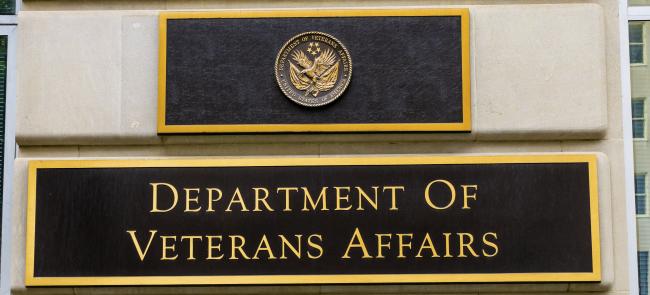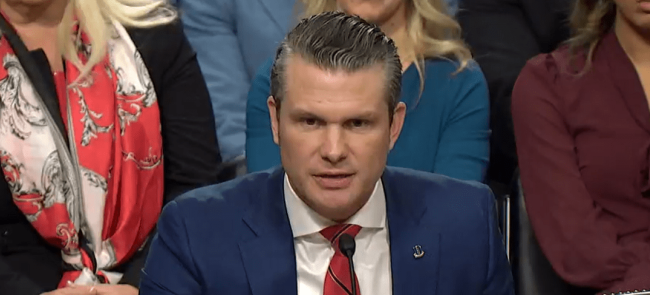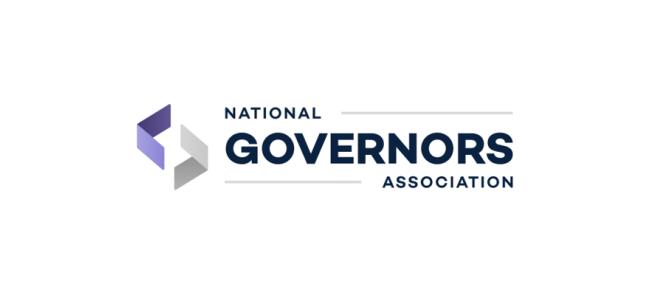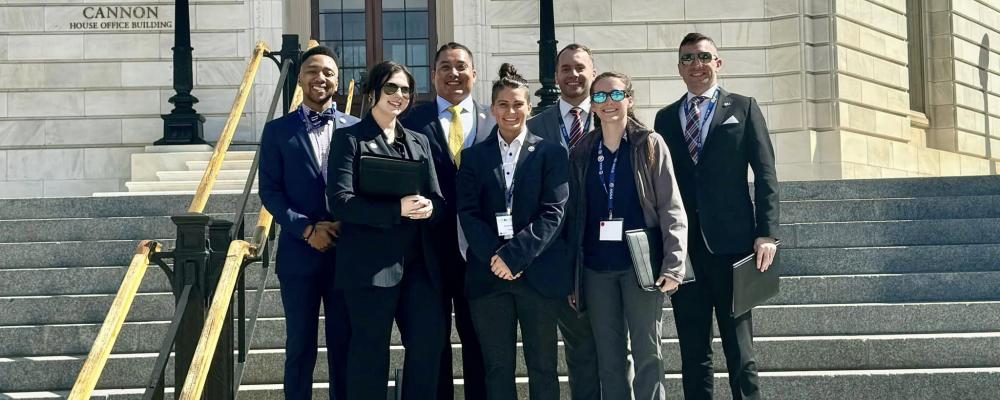
NGAUS gave company-grade officers from across the nation a peak behind the legislative curtain during the first Capitol Summit of the year conducted March 17-19.
The summit gave the CGOs who attended an inside look at how the legislative process affects them and the Guard units in their states or territories.
"It's extremely informative just to know the process, know the people and then know the causes in particular that the Guard is fighting for," said 1st Lt. Alexis Eyo, an Air Guardsman with the Maryland National Guard.
The event — which was held at the National Guard Memorial, the association’s headquarters in Washington, D.C. — featured speakers from the NGAUS legislative team, lawmakers and senior military leaders. Participants also visited Capitol Hill.
The summit's speakers included Lt. Gen. Jon A. Jensen, the director of the Army Guard, and former Rep. Geoff Davis, R-Ky.
"These discussions provided us with an in-depth perspective on how NGAUS legislative priorities are becoming reality on Capitol Hill," said Capt. Dillon Mathies, a Louisiana Army Guardsman.
Second Lt. Edward Finley, an Arkansas Army Guardsman, said that "realizing the scope" of the Guard’s role in the legislative process is one of the things that he learned from his visit to the nation’s capital.
"Making a change at the company and the brigade levels is cool, but seeing how we can make a change at the congressional level is something that would be so amazing that it would be hard to put into words," he said.
The Capitol Summit is open to Army and Air Guardsmen who are NGAUS members ranking from second lieutenant to captain or warrant officer 1 to chief warrant officer 2.
Each of the Guard’s 54 organizations nationwide can select one participant and NGAUS will cover that person’s lodging, travel and meals related to the event.
First Lt. Storey Bailes, a Louisiana Army Guardsman, said attending a Capitol Summit can shape participants into "more well-rounded leaders."
"As leaders, we are the voice for our soldiers and airmen," Bailes said. "This is how we enforce positive change for them."
— By Donald Lambert


